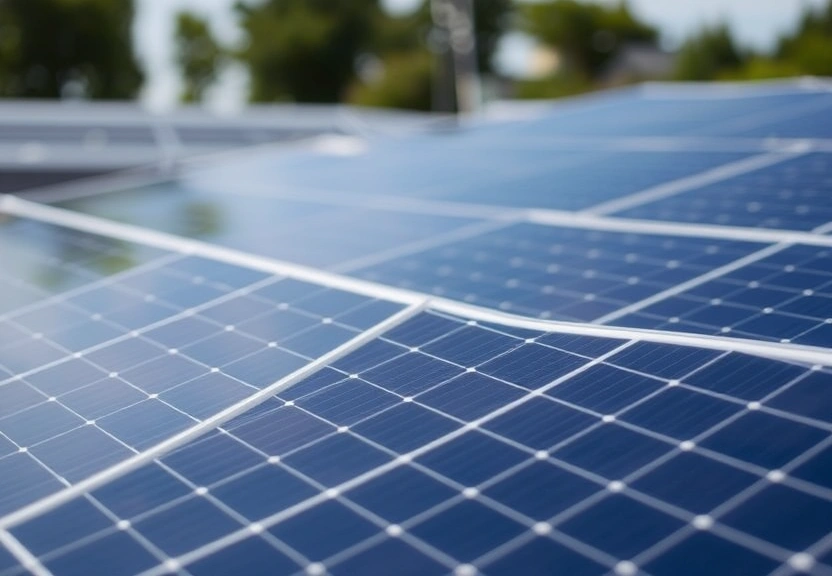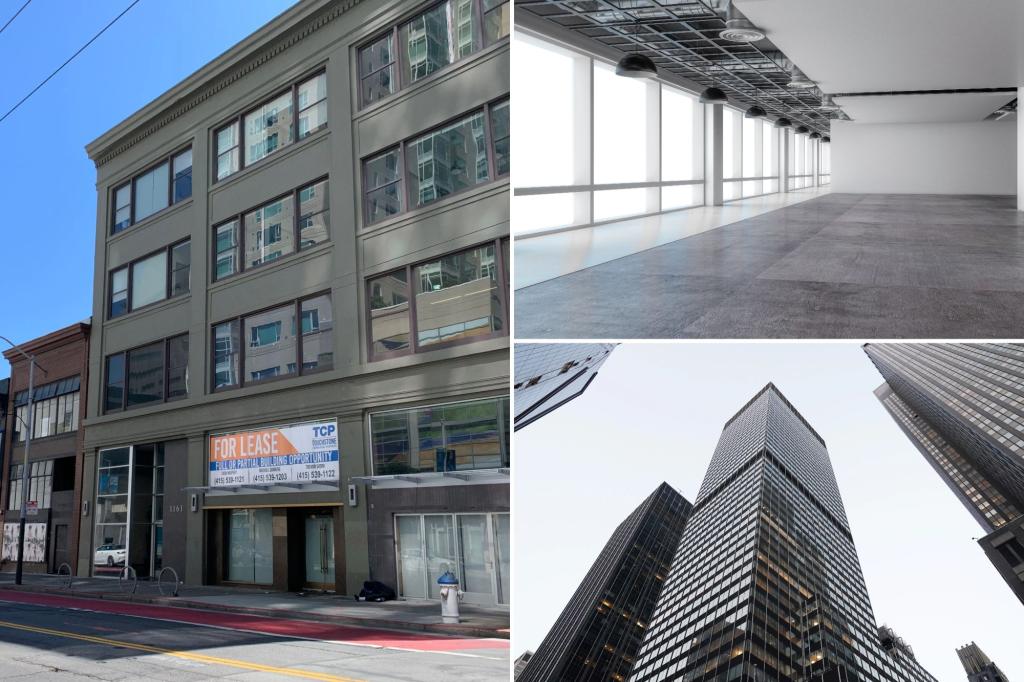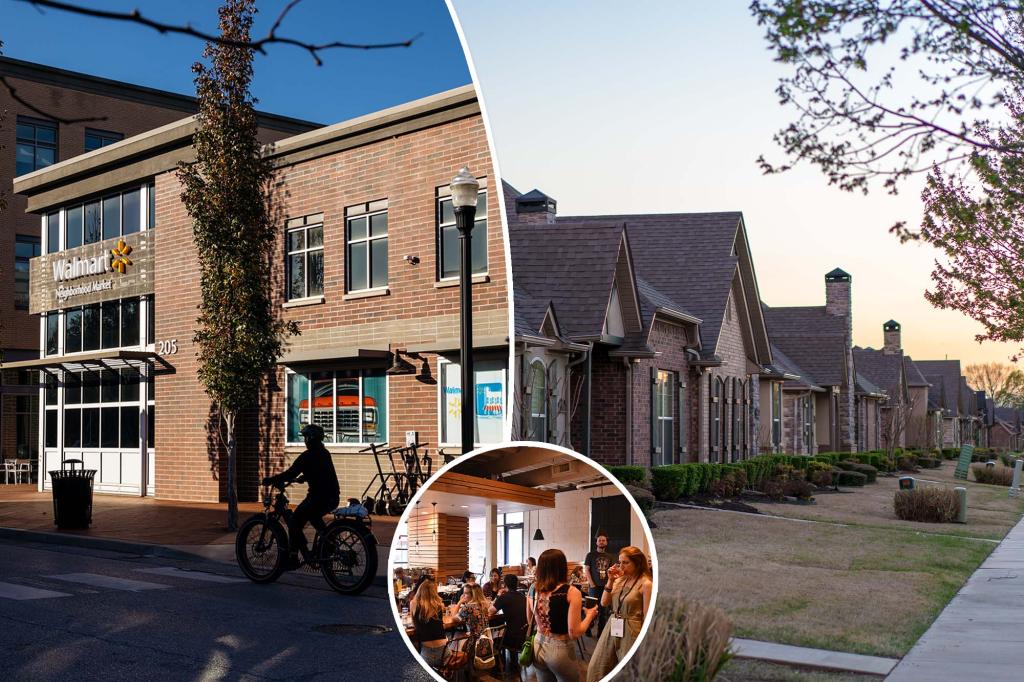Unlocking Savings: The True Costs and Risks of Buying Used Solar Panels
In recent years, the push for sustainable energy has led to a surge in the popularity of solar panels. As homeowners and businesses seek to reduce their carbon footprints and utility bills, many are considering the option of purchasing used solar panels. While this choice can provide significant savings, it’s crucial to understand the potential downsides associated with buying second-hand equipment. In this article, we will delve into the true costs and risks of investing in used solar panels, from efficiency concerns to potential equipment issues.

By examining the advantages and disadvantages, readers will be better equipped to make an informed decision about whether used solar panels are the right choice for their energy needs. We will also explore practical tips for purchasing used solar panels and provide insight into the factors to consider before making a commitment. Ultimately, this guide aims to illuminate the path towards sustainable energy solutions while ensuring that financial implications are fully understood.
The Financial Appeal of Used Solar Panels
One of the most compelling reasons to consider used solar panels is the potential for significant cost savings. New solar panel systems can be quite expensive, often requiring an initial investment of thousands of dollars. In contrast, used solar panels can offer a more economical alternative, allowing consumers to access solar energy without breaking the bank.
Understanding the Cost Breakdown
When evaluating the financial aspects of used solar panels, it’s essential to understand the overall cost breakdown. Here are some key factors to consider:
- Initial Purchase Price: Used solar panels are typically much cheaper than their new counterparts. This reduced price can be particularly appealing for those on a tight budget.
- Installation Costs: While the panels themselves may be affordable, installation costs can vary. It’s crucial to factor in professional installation expenses, which can still be significant even with used equipment.
- Maintenance and Repair: Used solar panels may require more frequent maintenance or repairs, which can add to the overall cost over time.
Long-Term Savings Potential
Despite the initial savings associated with purchasing used solar panels, it’s essential to consider the long-term financial implications. Depending on factors such as energy efficiency, warranty status, and local electricity rates, the total savings may vary significantly. Homeowners should perform a cost-benefit analysis to determine if the initial savings outweigh potential long-term costs.
Efficiency: A Key Concern with Used Solar Panels
Efficiency is one of the most critical factors to consider when purchasing solar panels, and used panels often have diminished efficiency compared to new ones. Solar panel technology has evolved rapidly over the past few years, resulting in more efficient models that can generate more energy from the same amount of sunlight.
Understanding Efficiency Ratings
Solar panel efficiency is typically measured by the percentage of sunlight converted into usable electricity. When purchasing used solar panels, it’s essential to check their efficiency ratings:
- Older Models: Many used solar panels on the market are older models with lower efficiency ratings. This means they may produce less energy, impacting overall savings.
- Degradation Rates: Solar panels also experience degradation over time, which refers to the loss of efficiency as the panels age. Understanding the degradation rate of a used panel can help predict its remaining lifespan and efficiency.
Potential for Lower Energy Production
With lower efficiency ratings and potential degradation, used solar panels may not produce as much energy as newer models. This reduced energy output can lead to higher electricity bills and decreased savings over time. Prospective buyers should consider whether the potential savings on the purchase price outweigh the long-term energy production losses.
Equipment Issues: What to Watch Out For
While the financial appeal and potential for savings are attractive, used solar panels may come with hidden equipment issues. Understanding these risks is essential for any consumer considering this option.
Common Equipment Problems
When purchasing used solar panels, buyers should be aware of potential equipment problems, including:
- Physical Damage: Used panels may have scratches, dents, or other physical damage that can affect their performance.
- Electrical Issues: Wiring and other electrical components may be worn or outdated, leading to potential safety hazards or reduced efficiency.
- Warranty Status: Many used panels may no longer be under warranty, leaving the buyer responsible for any repairs or replacements.
Verifying Condition and Performance
Before purchasing used solar panels, it’s advisable to have them inspected by a qualified technician. This can help identify any potential issues and provide a clearer understanding of the panels’ current performance. Additionally, buyers should request documentation regarding the panels’ history, including previous usage and any repairs made.
Making an Informed Decision: Tips for Buying Used Solar Panels
For those considering the purchase of used solar panels, there are several tips to ensure a wise investment:
- Research Reputable Sellers: Only purchase from trusted retailers or individuals with positive reviews and a history of customer satisfaction.
- Check Efficiency Ratings: Look for panels with high efficiency ratings and lower degradation rates to ensure maximum energy production.
- Inspect Before Buying: Have the panels professionally inspected to identify any potential equipment issues.
- Understand Warranty Options: If available, consider purchasing panels that still have a manufacturer’s warranty, as this can provide added peace of mind.
Frequently Asked Questions (FAQ)
1. Are used solar panels worth it?
Used solar panels can be worth it if you are looking for a cost-effective solution. However, potential buyers should weigh the risks related to efficiency and equipment issues before making a decision.
2. How much can I save by buying used solar panels?
The savings can vary widely depending on the condition, efficiency, and local energy prices. Generally, used solar panels can save homeowners anywhere from 20% to 50% compared to new installations.
3. What are the main risks associated with used solar panels?
The main risks include reduced efficiency, potential equipment issues, and lack of warranty coverage, which can lead to unexpected costs down the road.
4. How can I ensure the quality of used solar panels?
To ensure quality, research reputable sellers, inspect the panels thoroughly, and consider having them evaluated by a professional technician.
5. What should I look for when purchasing used solar panels?
When purchasing used solar panels, look for high efficiency ratings, minimal physical damage, a clear history of usage, and the presence of any remaining warranties.
Conclusion
Buying used solar panels can provide substantial savings, but it is not without its risks. Homeowners and businesses must carefully assess the efficiency and potential equipment issues associated with second-hand panels. By conducting thorough research and taking the time to understand the implications of such a purchase, consumers can unlock the full potential of solar energy while mitigating risks. Ultimately, whether used solar panels are the right choice will depend on individual circumstances, financial considerations, and a commitment to sustainable energy solutions.
📰 Original Source
Este artigo foi baseado em informações de: https://www.nerdwallet.com/article/mortgages/used-solar-panels


